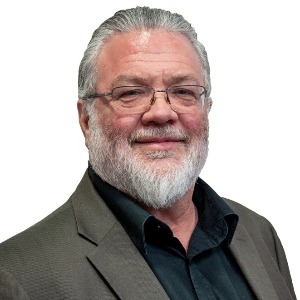Allied and Complementary Medicine
The term "allied medical sciences" refers to a wide range of fields that generate health professionals who are not doctors. To achieve the best patient outcomes, allied health practitioners collaborate with other members of a multidisciplinary health team. Allied health professionals seek to prevent, diagnose, and treat a variety of disorders and illnesses, and they frequently collaborate with other members of a multidisciplinary health team to ensure the best possible outcomes for patients.
"Complementary" is a term that implies "in addition to." Complementary medicine refers to a wide range of health-care techniques that can be utilised in conjunction with conventional medical treatment. A collection of diagnostic and therapeutic disciplines used in conjunction with traditional medicine. A good example of a complementary medicine is the use of acupuncture in addition to standard care to help a patient feel better after surgery.
Alternative medicine is not the same as complementary medicine. Alternative medicine is used instead of traditional medicine, whereas complementary medicine is used in conjunction with conventional treatment.
- Complementary Medicine in Healthcare
- Osteopathic medicine
- Occupational Therapy
- Rehabilitation
- Speech Language and Audiology
- Reiki

Mary Jo Bulbrook
Akamai University, United States
Kenneth R Pelletier
University of California School of Medicine, United States
Gene Bruno
Nutraland, United States
Kevin KF Ng
MD Natural Care LLC, United States
Julieta Andico Songco
JAS Consulting Services, United States
Debrah Nadler
Alzheimer’s Support, LLC, United States




Title : The importance of integrating TCM with conventional medicine in the diagnosis and treatment of physical and mental exhaustion due to excess or lack of professional activity
Angela Sanda Tudor, Society of TCM from Romania, Romania
Title : Change your genes - Change your life: Sorting the hope from hype of human longevity
Kenneth R Pelletier, University of California School of Medicine, United States
Title :
Laure Le Corroller, Dr.& Master Sha Tao Academy, Canada
Title : Examining the factors that decrease and increase the effect of acupuncture
Yucel, Elonysia LLC, Turkey
Title : Pure consciousness and lifestyle practices in ayurveda — Positive epigenetic transformations
Girish Momaya, Maharishi European Research University, Netherlands
Title : Akkermansia muciniphila 001 (AKK001™) postbiotic for body morphology and metabolic indicators in an overweight population: A randomized, controlled trial
Gene Bruno, Nutraland, United States